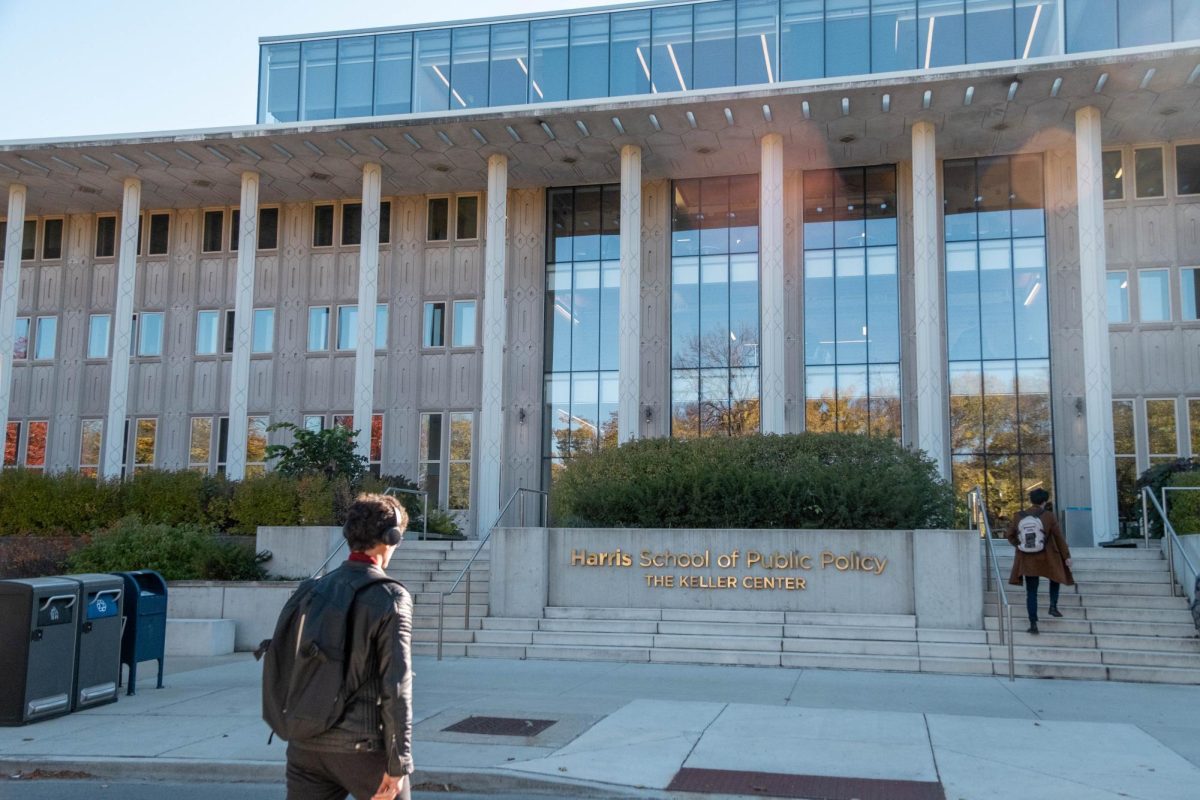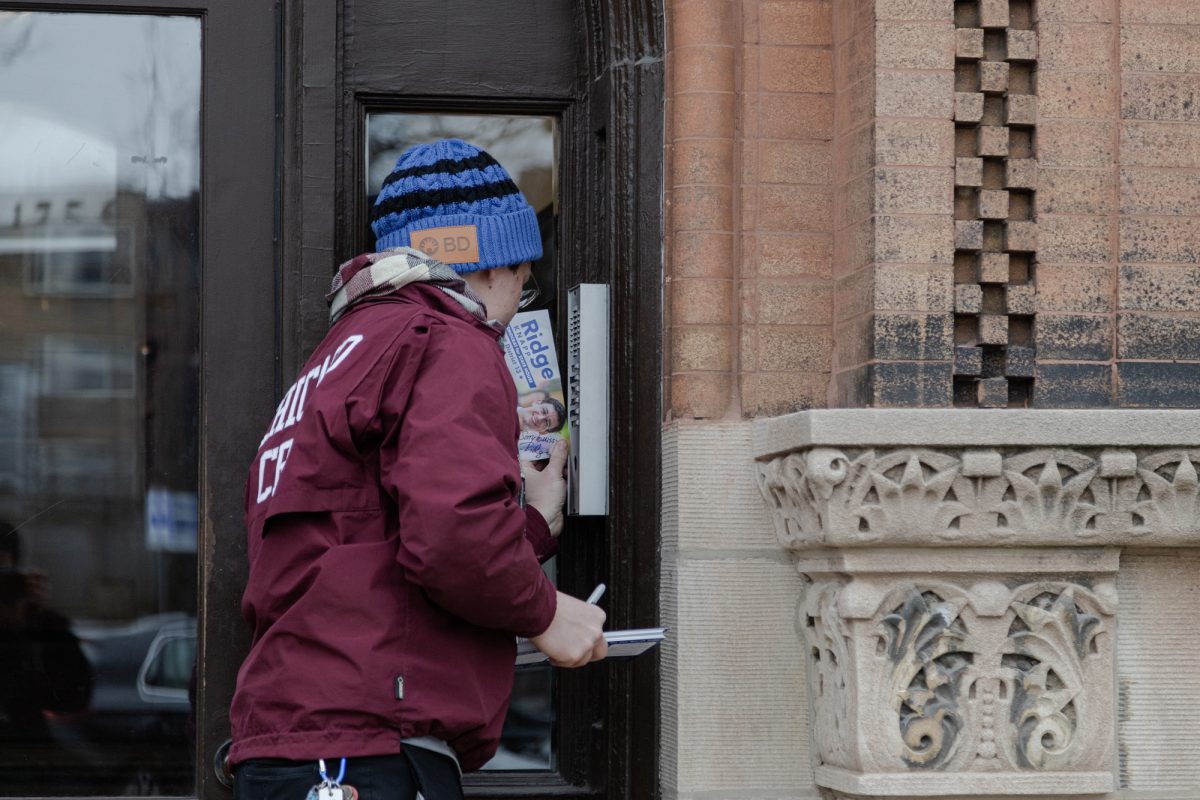One man’s e-waste is another man’s treasure.
That’s the concept behind @rtifice, a youth center in Woodlawn, created this summer by a group of UChicago affiliates. Envisioned as an effort to transform South Side neighborhoods, the center is stocking up on old computers, hard drives, cameras, and other discarded electronics and turning them into learning opportunities. The goal: help local high school students gain technological and business skills.
Its pilot program will launch December 2 in an empty storefront on East 63rd Street and South Blackstone Avenue, a location arranged by 20th Ward Alderman Willie Cochran.
The center will use project-based, hands-on learning, revolving around four main “skill trees”: web development, mobile apps, computer hardware basics, and robotics/electrical engineering, according to cofounder Adam Hammond, the curriculum director for the Biophysical Sciences Ph.D. program.
“The idea is that there are skill trees that students can climb at their own rates. When you achieve something, you unlock a selection of other things, and that’s part of the motivation we’re trying to provide…. The higher you go in the skill trees, the more access you will have to cool stuff,” he said.
“We’re trying to push skills, not degrees, because skills will get you hired,” added cofounder and fourth-year biophysics Ph.D. candidate James Crooks.
Part of @rtifice’s vision is that these endowed skills will help students eventually create small businesses that can help the Woodlawn neighborhood and surrounding areas.
“We’re introducing technology as a producer and not just as a consumer and user,” Crooks said
While Crooks, Hammond, and co-founder Ashley Lane (A.B. ’11) do not have educational backgrounds in technology, they chose to center the organization around it because they predict technology will produce the most economic return.
“We have disadvantaged people who need skills that can be flexible in getting a job or starting a business. You need something where the discrimination barrier is going to be minimal, and something where low financial capitals can framework things. Tech is that field,” Crooks said.
Beyond endowing skills, @rtifice also aims to be a safe place where kids can relax and have fun. Complementary to the “skill trees,” a point system will allow students to earn bids to control the snacks and music and to gain permanent rewards, such as titles that reflect progression.
“We want kids to come through the doors because they already want to be there,” Hammond said.
The pilot program will contain fewer than a dozen high school students from the South Side who have been nominated by their teachers. They will undergo a “boot camp” that covers all four main skills. Lane said that the pilot will help solidify the “skill trees” and inform the program’s future plans.
According to Crooks, the group has recently filed for RSO status in hopes of recruiting undergraduate and graduate students. While interest in the program is high, Lane feels that @rtifice can still use all the help it can get.
“I spent 11 hours yesterday in a cold room waiting for AT&T and Comcast, who have dropped the ball multiple times, to show up to install the Internet,” she said. “We’re fighting the power.”








